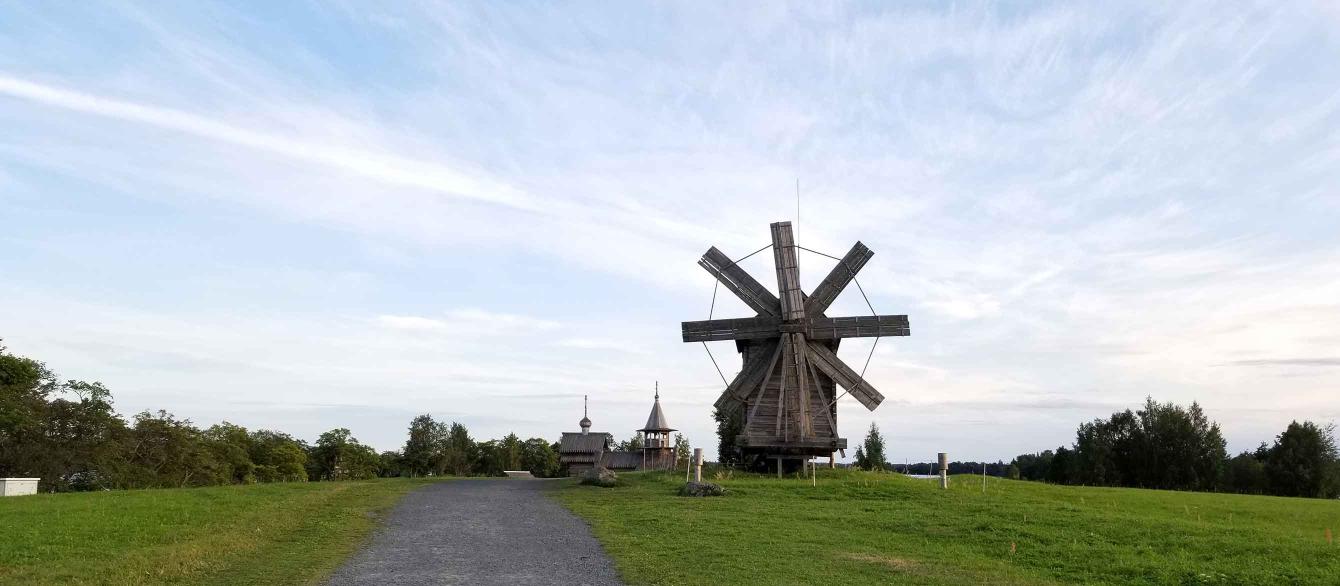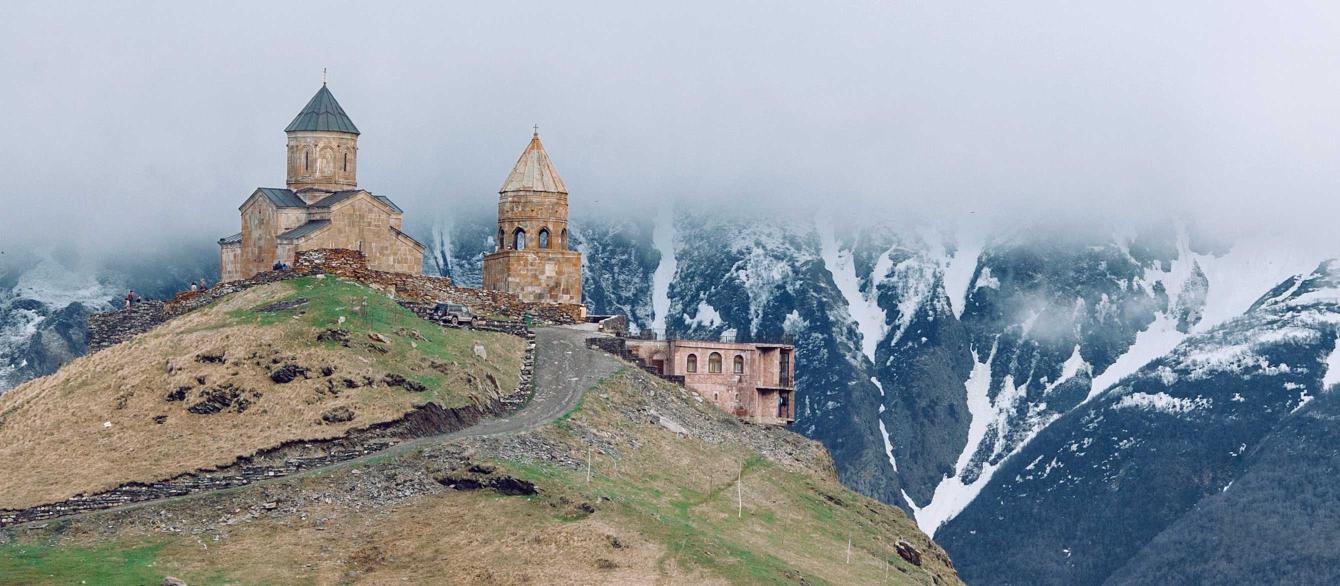The Russian invasion of Ukraine has challenged scholars in Slavic studies to collectively rethink approaches to the field. This conference gathers fellow graduate students from other universities across a range of disciplines to engage new and developing approaches to study of the region.
Conference Schedule
8:00-9:00 a.m. | Breakfast
9:00-10:45 a.m. | Panel 1 – Critical Race Theory
Discussant: Justin Weir, Curt Hugo Reisinger Professor of Slavic Languages and Literatures, Department of Slavic Languages and Literatures
- Moja muzyka s podvalov’: Russophone, Kazakh Rap in Kazakhstan–A’Yanna Solomon, University of Michigan:
- Lasting Impacts of Soviet Cultural Memory on Antisemitism in Slavic States–Kayla Shainhouse, University of Toronto:
- Hallucinations of Imperialism: Racial Discourse within the Communist International, 1919-1943 – Alex Jackson, Harvard University
- Ethnicity, Identity, and the Balkan Wars: Understanding Ethnopolitics in Contemporary Bosnia and Herzegovina – Michaela Nudo, University of Toronto
10:45-11:15 a.m. | Coffee Break
11:15 a.m.-12:45 p.m. | Panel 2 – Postcolonial Studies
Discussant: Julie Buckler, Samuel Hazzard Cross Professor of Slavic Languages and Literatures, Department of Slavic Languages and Literatures
- Russian Characters in the Modern Romanian Novel (1845-1947): Contextual Othering as a Form of Semiperipheral Identity Negotiation – Maria Chiorean, University in Sibiu, Romania
- The Disunion of Soviet Imagined Republics: Semyon Lipkin’s Decade and Translator’s Nation-Building – Marsel Khamitov, University of Wisconsin-Madison
- Tibetan Medicine in the Soviet Union: Eradicating “The Mainstay of the Buddhist Cult” – Tsybzhid Tsybikova, Harvard University
12:45-2:00 p.m. | Lunch
2:00-3:45 p.m. | Panel 3 – Gender and Sexuality Studies
Discussants: Aleksandra Kremer, Associate Professor of Slavic Languages and Literatures, Department of Slavic Languages and Literatures and Stephanie Sandler, Ernest E. Monrad Professor of Slavic Languages and Literatures, Department of Slavic Languages and Literatures
- Between Ecology and Women’s Revolt: The “Transgressive Type” in Olga Tokarczuk’s Works – Noemi Fregara, University of Rome
- Abandoned Mothers: Kinship, Race, and Demography in the Accented Cinema of Iyye and Ayka – Sophie Lockey, UC Berkeley
- When Is a Woman Not a Woman?: A Deleuzian Analysis of the Situation of Transgender Refugees in Ukraine – Sophia Tonnessen, University of Michigan
- Dance as Queer Performance: National Identity, Queer Possibility, and the Role of Cinema in Levan Akin's And Then We Danced (2019) – Jemma Paek, Harvard University
3:45-4:15 p.m. | Coffee Break
4:15-5:45 p.m. | Panel 4 – Disability Studies
Discussant: Maria Sidorkina, Visiting Scholar, Davis Center for Russian and Eurasian Studies
- “The Town Watches the Story of the Earth”: Sign Language as a Site of Resistance in Ilya Kaminsky’s Deaf Republic – Polina Peremitina, University of Illinois at Chicago
- Sovereign Violence, Emancipation of (Bodily) Matter, and the Rise of Alternative Corporealities: Biopolitics of Russian Formalism in Yuri Tynianov’s “Wax Persona” – Victoria Buyanovskaya, University of Wisconsin-Madison
- Dancing through Eternity: The Construction of Time in Sasha Sokolov’s Shkola dlia durakov – James Browning, Harvard University
6:30-8:00 p.m. | Evening Reception
Harvard University welcomes individuals with disabilities to participate in its programs and activities. If you would like to request accommodations or have questions about the physical access provided, please contact the Slavic Department at 617-495-4065 or slavic@fas.harvard.edu in advance of your participation or visit. Requests for Sign Language interpreters and/or CART providers should be made at least two weeks in advance, if possible. Please note that the university will make every effort to secure services, but that services are subject to availability.
Sponsorship
This graduate student conference is made possible by the Office of the Dean of Arts and Humanities Divisional Fund and the Davis Center for Russian and Eurasian Studies.
Accessibility
The Davis Center for Russian and Eurasian Studies at Harvard University encourages persons with disabilities to participate in its programs and activities. If you anticipate needing any type of accommodation or have questions about the physical access provided, please contact us at 617-495-4037 or daviscenter@fas.harvard.edu in advance of your participation or visit. Requests for Sign Language interpreters and/or CART providers should be made at least two weeks in advance if possible. Please note that the Davis Center will make every effort to secure services but that services are subject to availability.




